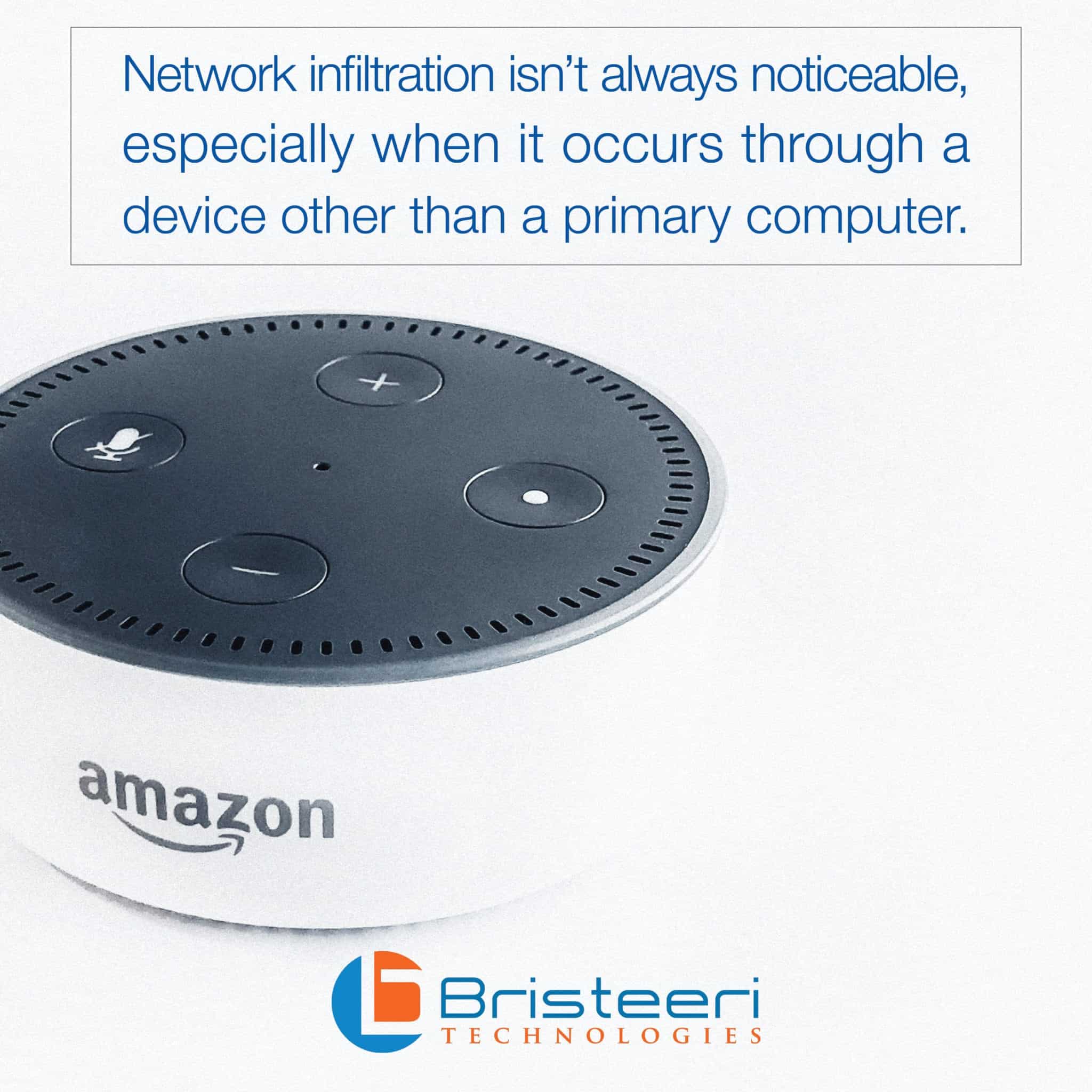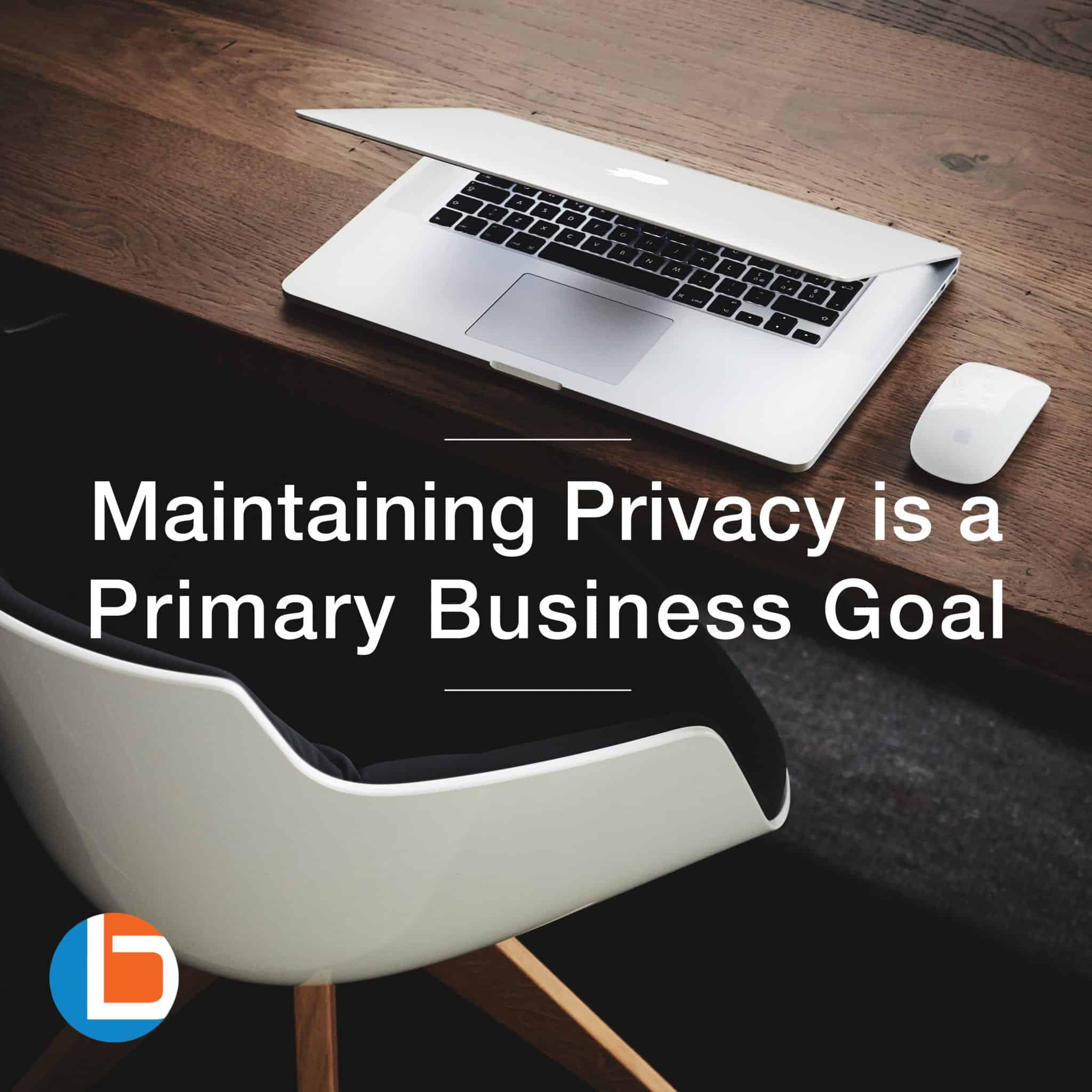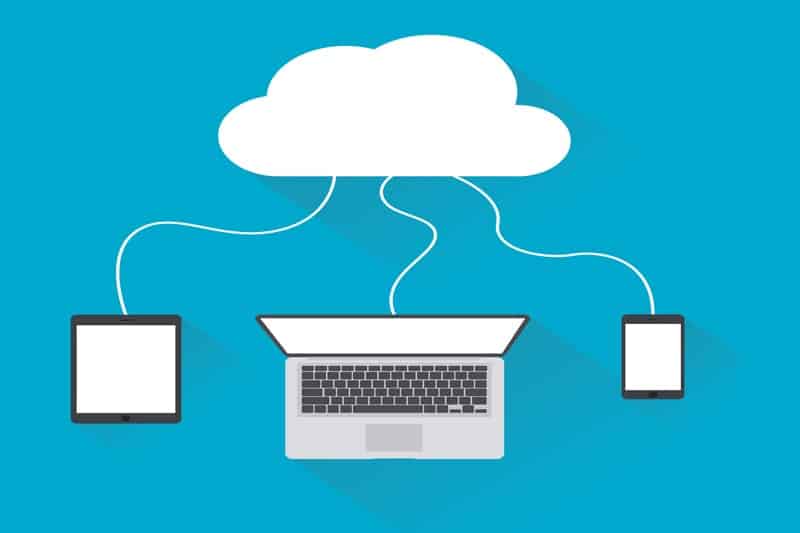2018 was a tough year for cybersecurity. Data privacy has been front page news ever since the Facebook privacy scandal erupted… but these security issues have been boiling over for years now. Equifax, Target, Sony, all these companies have had their share of issues. And we only know about them because they are huge companies, so we never hear about the thousands of regular consumers and small businesses who have everything stolen, who have their data hacked and ransomed, or find their home network part of a large botnet.
With 2019 approaching, we have some ideas for what the primary data privacy and security concerns will be for both consumers and small businesses. In some ways, they are very similar, but in other ways they differ significantly.
The increase of smart, networked devices in homes signals the growth of the “Internet of Things” for the residential market. With IoT looking to expand to a $72.9 billion industry in over 50% of American homes, the promise of a reality in which smart, AI-assisted devices manage our households through voice commands and remote access seems even close. While what once was only imaginable in science fiction becomes real, however, so does the very real threat of identity theft and hacking.
It isn’t just about protecting data security technologies or preventing identity theft, either, because smart phones and other smart devices are increasingly proving new avenues for network exploitation.
For example, personal assistant devices from Google and Amazon are increasingly targeted as “soft” spots in home network security. These devices aren’t typically configured with security in mind, and often have several features on by default that expose the devices to more attention than they should have.
Ransomware
Ransomware has gained a reputation, even with people not technologically savvy, through popular media because it has become so common and it is easy to understand. Here, an external user gains access to your computers via your network, encrypts all the data on a computer, and demands a pay-off or they will delete the encryption key and render all the data lost forever.
Zombie Botnets
More secretly, unsuspecting home computer users might find their devices harnessed into a zombie botnet. Once these hackers have access to a system, they can plant a program that secretly controls that computer, which is then leveraged to launch digital attacks against other networks or websites around the world. Often, the user is never aware that this is occurring.
Cryptocurrency Mining
Another secret security breach corresponds with the rise of cryptocurrency mining. With the price of Bitcoin rising into thousands, if not tens of thousands, of dollars per bitcoin, many hackers are attempting to gain the bitcoin market. Without going into too much detail, users of bitcoin can offer up CPU power to help maintain the bitcoin network. By donating CPU power, they stand a better chance of receiving “free” coins that are released on a regular basis.
Much like the previous example, hackers can plant software that directs a computer to help manage bitcoins. A huge network of computers, all donating CPU time without their owners knowing, increases the chance of gaining bitcoins significantly.
Unlike consumers for home IT, business owners and executives know the importance of security for the privacy of the data they manage (and, in many cases, privacy and security methods are regulated by data privacy laws).
However, small and mid-sized business are increasingly relying on digital transactions and aggregated data to succeed in a competitive digital market. Privacy takes on an entirely different connotation when your company manages the private data of thousands of customers or target markets.
Since 2016, digital attacks on small businesses have increased 55% in 2016 and 61% in 2017. While this might suggest that hackers are targeting small businesses more, it is more likely the case that small businesses are not equipped to handle the security issues that come with handling customer data.
As 2019 begins and even small, regional businesses start collecting data on customers for marketing or sales purposes, it will increasingly become the case that these businesses will have to invest in heavier-duty security software. Since many of these businesses won’t have the budget or knowledge to handle enterprise-level security threats, they will increasingly turn to external service providers and managed security software to ensure that they adhere to safety and privacy requirements for this data.
- Consumers need to maintain point-to-point security for cloud enabled devices along with traditional security best practices. This means maintaining secure and complex passwords, avoiding unsecure websites, and not re-using passwords across different services. It also means making sure that they are sending private data over secure networks. For example, many public Wi-Fi hotspots aren’t secured, and aren’t the best place to do your banking or connect to private data in the cloud.
- Businesses utilizing cloud applications need to follow the same basic steps as consumers, but also include any additional and necessary steps to keep any private customer data private. Smaller businesses should also seriously consider whether they have the proper resources to maintain a private cloud server, rather than investing in a remote server run by security experts.
The most important lesson to take from any of the things we’ve learned from 2018 is that the security and data privacy issues in the new year are going to go beyond our traditional understanding of account and data protection. Sure, you need to shop safely, use good passwords, and browse on secure networks. And of course, businesses will need to implement mandated data privacy technologies in order to operate.
As mentioned above, this is going to boil down to software and support. New firewalls, especially managed firewalls, are going to become an even bigger part of residential and commercial security setups. For example, the Untangle Firewall provides network security that users can manage remotely to not only control network intrusion, but to control access throughout an entire system.
But with new challenges in data privacy and security emerging at such a rapid rate, it is much more common now for residential and business customers to turn to dedicated IT specialists to handle their security. It saves money, and more so it saves peace of mind. Having technical staff who know the threats out there and that can dedicate themselves to managing and refining existing solutions is going to be a huge part of home and business security.




